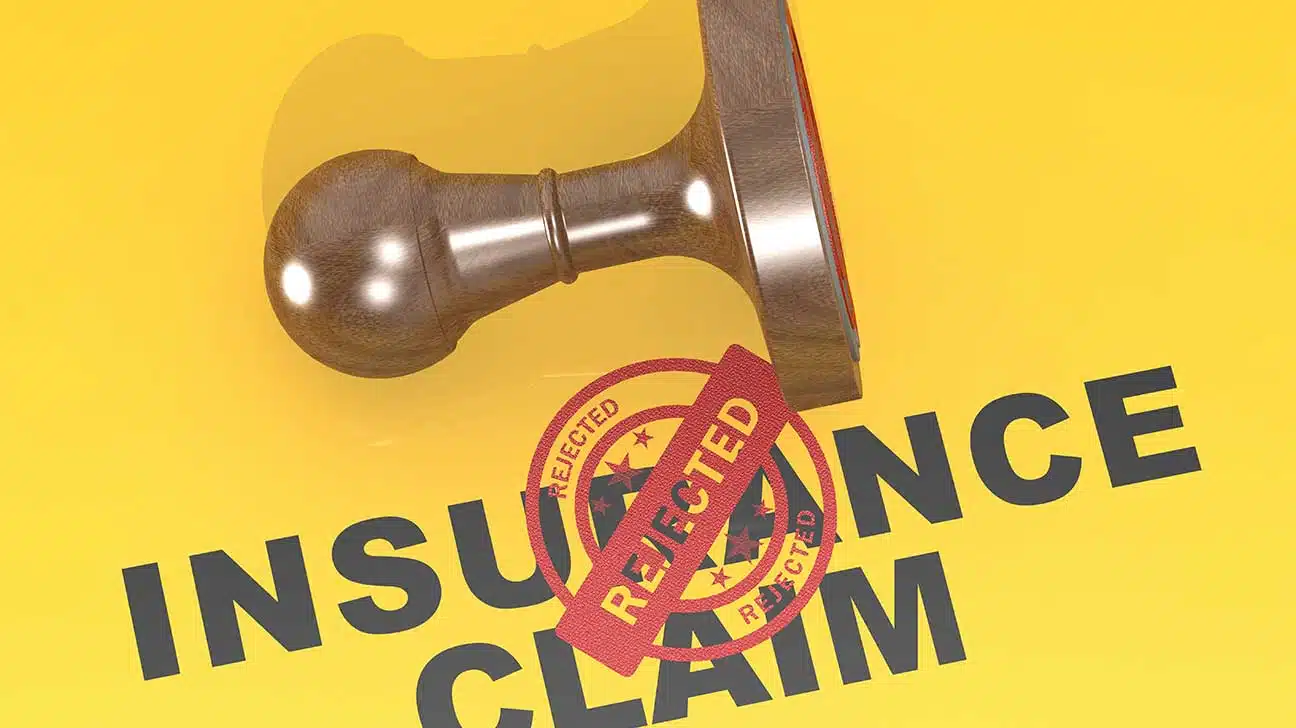
When your health insurance provider denies coverage for addiction treatment services, it can be frustrating and discouraging. But this doesn’t mean long-term recovery isn’t attainable.
Your options include appealing your insurance provider’s decision and seeking an alternative payment option.
If you haven’t begun treatment, you might also consider looking into low-cost and free rehab centers for accessible care.
Keep reading to learn about the options at your disposal if your insurance provider denies coverage and why insurers may deny treatment coverage requests.
Options After Health Insurance Coverage Is Denied
Treatment coverage denial can be disheartening in addiction recovery, but it doesn’t have to halt your progress.
There are options to explore whether or not you’ve already begun a treatment program.
Appeal The Decision
Appealing an insurance coverage denial for addiction treatment may cause the insurer to reverse its decision.
You may seek an internal appeal, where your insurer conducts a full review of its decision. This process may be expedited when a case is urgent.
For an appeal, you will want to gather documentation including your medical records, such as treatment plans and services, and medical bills.
Next, contact your insurance provider promptly to initiate the appeal, following its procedures precisely. You will want to maintain thorough records of all communications.
You may want to seek assistance from your healthcare provider or a legal advocate if needed. Persistence and thoroughness are key to presenting a compelling case during the appeal process.
You can also pursue an external appeal, or a review conducted by an independent third party. This means that your insurance provider no longer determines coverage.
Ask About Other Payment Options
If you or a loved one is repeatedly denied coverage, you may want to explore the different payment options that drug rehabilitation centers offer.
Some alternative payment options to private insurance include:
- sliding fee scale: Some treatment centers offer a sliding fee scale based on income, making the cost more affordable for people with lower incomes.
- grants or scholarships: This type of funding may be available from nonprofit organizations or addiction treatment centers themselves to help cover costs.
- personal loans or other financing options: Consider taking out a personal loan or exploring other financing options that allow you to repay costs over time.
Free And Low-Cost Addiction Treatment Centers
For people in need of additional treatment options in order to receive the care they need, looking into free and low-cost rehab centers may provide the answer.
Usually due to funding from government sources or private donations, these addiction treatment centers make treatment more accessible for all people.
They also might accept Medicare or Medicaid for addiction treatment services to make treatment affordable.
However, availability may vary by location, and there may be waiting lists due to high demand.
Why Insurance Providers Deny Coverage
Insurance denials for addiction treatment coverage can occur due to various factors, including the insurance provider’s assessment that treatment isn’t medically necessary according to its criteria.
Seeking care from out-of-network providers can also lead to denial. Inaccurate information on claims may trigger rejections, as can exceeding coverage limits imposed by the policy.
Not following the insurer’s protocols or requirements can also result in denials.
Find Addiction Treatment Today
Find treatment options for drug or alcohol addiction today at AddictionResource.net and get on the path to recovery.
Addiction Resource aims to provide only the most current, accurate information in regards to addiction and addiction treatment, which means we only reference the most credible sources available.
These include peer-reviewed journals, government entities and academic institutions, and leaders in addiction healthcare and advocacy. Learn more about how we safeguard our content by viewing our editorial policy.
- U.S. Department of Health and Human Services – Cancellations & Appeals
https://www.hhs.gov/healthcare/about-the-aca/cancellations-and-appeals/index.html


